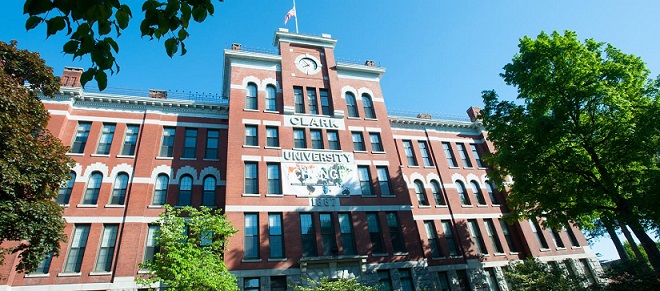
Date of Award
5-2021
Degree Type
Capstone
Degree Name
Master of Science in Professional Communication (MSPC)
Chief Instructor
Mary Piecewicz
Abstract
Originally designed for social networking and interactions, social media has gained precedence in business and organizational operations. Politics which has had a long relationship with the media has seen some changes in its campaign and communication due to the evolution of the media. Social media has proven to be an effective strategy in political communication and campaign. Given its numerous features such as the like button, live videos, content sharing, comment option, photo sharing, status update, tags, amongst others it has enabled the dialogue between political stakeholders. Furthermore, social media impacts elections and democratic discourse with its dialogic feature which helps nations that have adopted democracy to make governance fully participatory. It has also generated interest in politics by the younger generation as political communication and campaigns have become more appealing to them. Dual usage of traditional media and social media yields desired results of wider coverage and electorate engagement. The study is an explorative one that adopted purposive sampling to select participants from the New Patriotic Party (NPP) and the National Democratic Congress (NDC) the two major political parties in Ghana. The findings revealed that social media has been integrated into politics in Ghana and increased political stakeholder engagement. It also underpinned the importance of traditional media intersecting with social media for the achievement of optimal political mobilization.
Recommended Citation
Amenyeawu, Beatrice Eyram, "Social Media and Political Campaign Communication in Ghana." (2021). School of Professional Studies. 79.
https://commons.clarku.edu/sps_masters_papers/79
Included in
Business and Corporate Communications Commons, Marketing Commons, Social Media Commons, Sociology of Culture Commons


